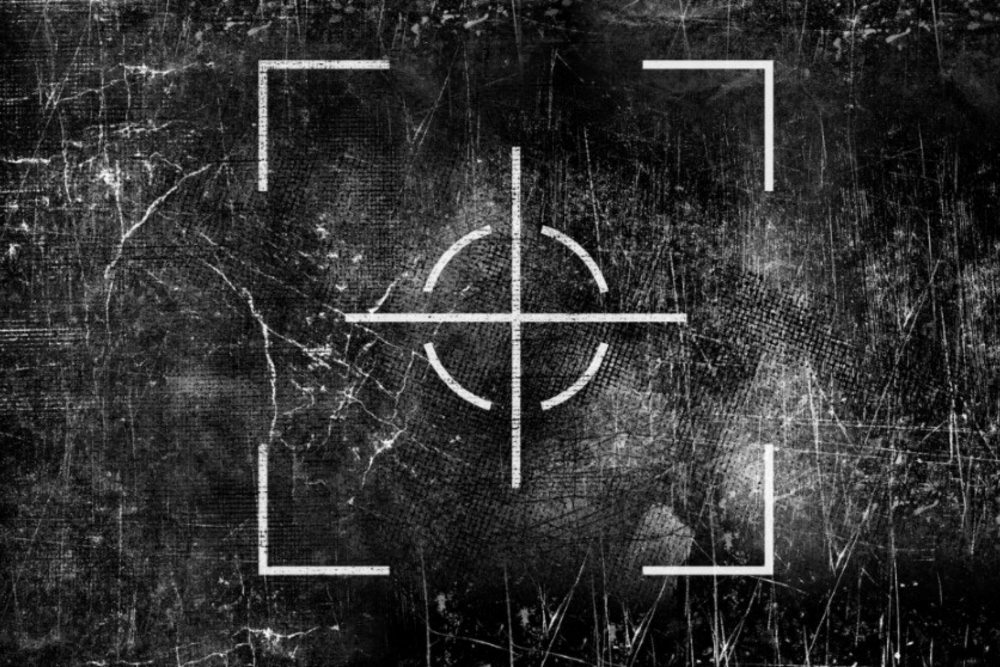
In a stunning turn of events, a pinpoint strike in Lebanon eliminated Hamas Deputy Chief Saleh al-Arouri and two of his lieutenants. Widely believed to be orchestrated by Israel, this targeted killing in the heart of Hezbollah’s stronghold in Beirut carries significant implications. Here are five key takeaways:
The rules have changed: Three months after the October 7 massacre, Israel’s hesitancy to conduct such high-profile hit operations in Lebanon has vanished. The Beirut operation is not just about retaliation; it signifies a broader transformation in Israel’s risk calculations and security posture.
The events of October 7 prompted a reevaluation, pushing Israel’s leaders to adopt a more proactive and aggressive approach to regional threats. The Beirut strike is an early indication that Israel is reforming its entire defense doctrine.
Hamas still doesn’t get it: Despite clear indications that Israel was determined to avenge the October 7 atrocities, Hamas leaders failed to fully recognize Jerusalem’s resolve. Most Hamas chiefs did not change their routine or bolster their security, says intelligence expert Ronen Bergman.
Al-Arouri, who should have been extra-cautious, did not think that the Israelis would target him in the heart of Hezbollah’s nerve center. This misguided confidence proved fatal for the Hamas terror chief, who found himself at the center of Israel’s crosshairs.
Israeli manhunt well underway: In the aftermath of the October 7 massacre, Israel vowed to seek retribution. The swift and calculated operation in Beirut indicates that the Israeli security apparatus is actively pursuing a comprehensive mission to hunt wanted terrorists.
The Shin Bet security service formed a special team, code-named Nili, to track down and eliminate the October 7 killers, likely in close cooperation with Mossad and the IDF. If there was any doubt about Israel’s intentions, it’s now clear that this project is already in progress.
Superb intelligence and execution: The Beirut operation required pinpoint intel, perfect timing, complex coordination, meticulous planning, and precision strike capabilities. The successful outcome is a reminder that Israel excels at all of the above.
The operation also shows that Israel’s special operations arsenal is more varied than ever; drones and advanced technology now supplement traditional tactics and tools.
Hezbollah’s dillemma: The exact details and modus operandi of the Beirut assassination are unknown for now. However, the operation likely involved deep penetration of Hezbollah’s defenses, possibly through local agents or even a Mossad team on the ground.
This breach of security must be deeply concerning for Secretary General Nasrallah and his Iranian masters. The issue is especially acute as Hezbollah debates a proper response while trying to avoid a potentially devastating war.


